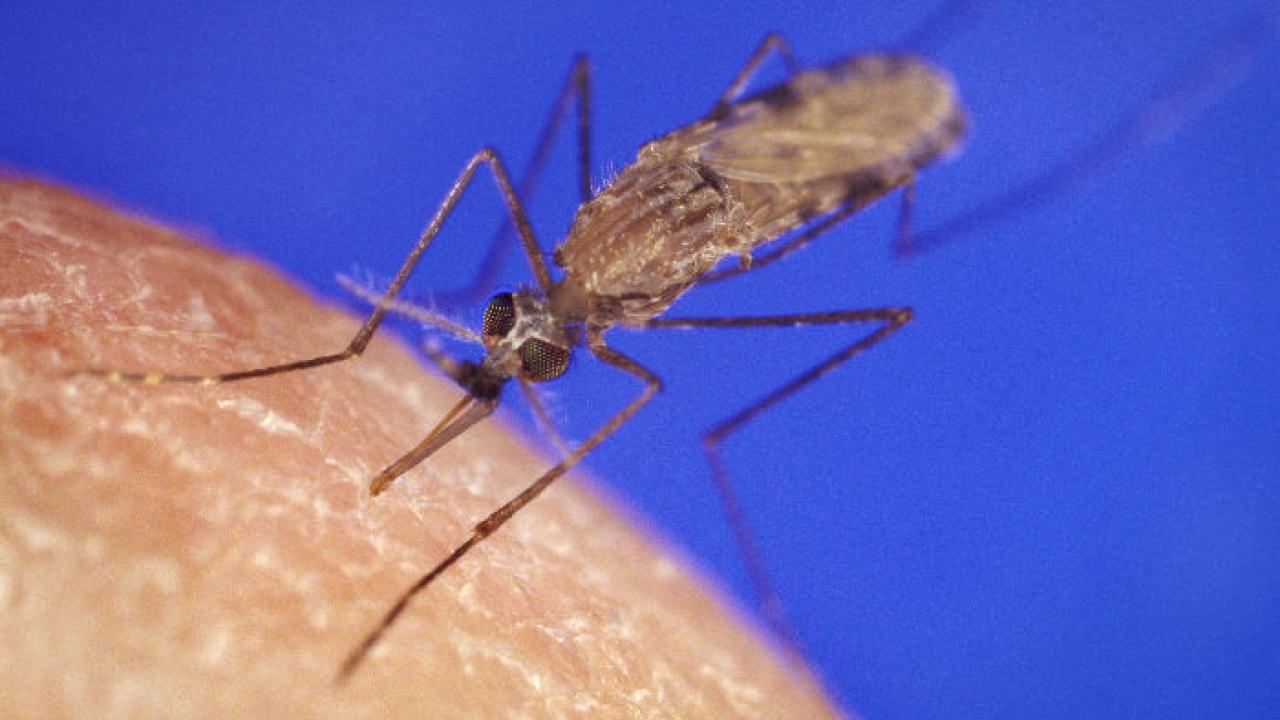The University of California Malaria Initiative, which includes researchers at UC Davis, will partner in the Republic of Equatorial Guinea’s Vision 2030 strategy to eliminate malaria from the Central African country. The plan, which also includes Oxford University, Tsinghua University and a MCD Global Health, was announced Sept. 24 during the United Nations General Assembly in New York.
Vision 2030 builds on 20 years of experience in malaria control on Bioko island, Equatorial Guinea. This effort has led to a 78 percent reduction in malaria transmission and eliminated two major mosquitoes that transmit the disease.
The program will include R21, a malaria vaccine developed at Oxford. It will also include a range of proven malaria control measures and health interventions.
UCMI is focused on using genetically modified mosquitoes to eliminate malaria transmission. It is led by Professor Anthony James, Donald Bren and Distinguished Professor of Microbiology and Molecular Genetics at UC Irvine. Professor Gregory Lanzaro, Department of Pathology, Microbiology and Immunology at UC Davis School of Veterinary Medicine, is leading the translational component of this program and established a field site in the Democratic Republic of São Tomé and Príncipe, and island nation off the coast of Central Africa, where he and his team have been working since 2018. They will now expand this work in Equatorial Guinea.
“We are pleased to partner with the Government of Equatorial Guinea in their pioneering malaria elimination program," Lanzaro in a news release. "Our mission is to support countries in achieving malaria elimination through responsible science, deep collaboration, and genuine community engagement. Together, we can help build a future where malaria is no longer a threat to families and communities across the region."
